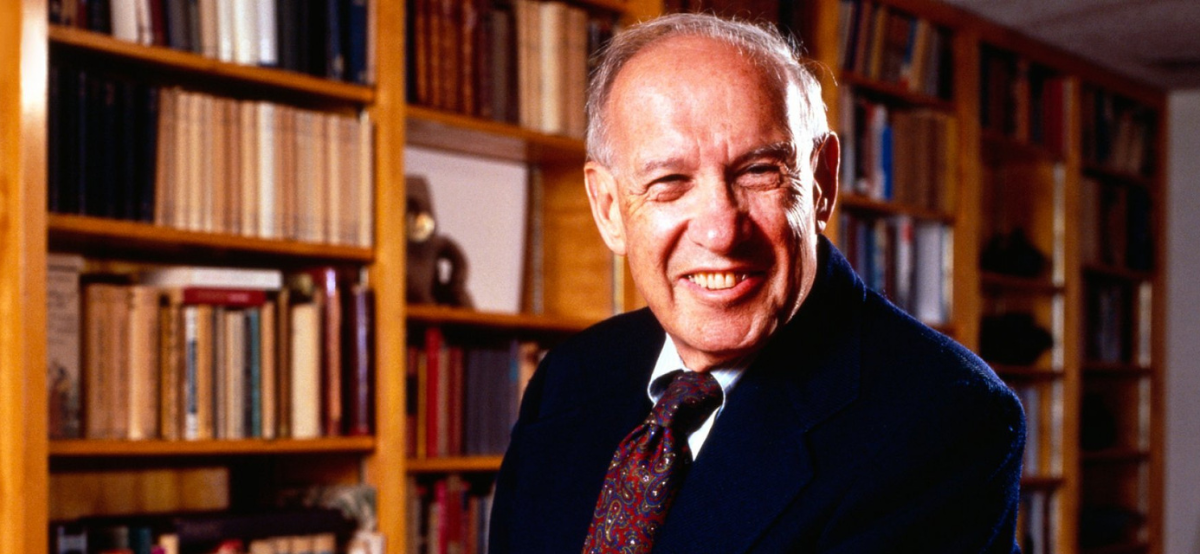One conversation changed it all for me

Exceptional leaders work on themselves first.
Exceptional leaders know that humour, laughter and joy provide the oxygen exceptional cultures need to thrive.
Exceptional leaders focus on their leadership style and build on their emotional intelligence, readying themselves for the inevitable new challenges they will face in their leadership position.
Exceptional leaders know the power of a positive attitude, they know how to bring joy and lightness to the environment and set and execute an extraordinary vision.
Exceptional leaders understand their energy leaves an indelible footprint. A footprint that is invisible to the naked eye but one that is immediately felt by their team.
Have you felt that energy?

Have you been part of a successful business where the team's engagement is so strong that you can feel it?
I have.
Once you are part of that it is hard to accept anything less.
Great leaders recognize, address and shift the energy to create an environment for their team to flourish.
This doesn't happen by accident though.
My experience is that it needs to be intentional
It needs to be a decision.
Leadership can bring joy.
The Oxford dictionary defines joy as "a feeling of great happiness". We are used to hearing it in terms of the joy of being parents, jumping for joy.
I love the idea of work being somewhere where joy is possible. I know it is. I know exceptional leaders bring it, nurture it and care about it.
I love the idea of leaders focussed on skills that create this environment. It's the best investment they will ever make.

Effective Leadership starts with the energy you bring.
I know that in today's environment, with challenges around every corner, with less and less predictability in our world, good leaders can become great leaders by focusing on this single ability above all else.
By having a good laugh and not taking yourself too seriously.
I don't mean all fun and no action.
Those leaders last days not years.
I mean leaders who look to find the humour in every situation. Who maintain perspective and a smile for their direct reports. Who maintain their poise in the midst of chaos. Who encourage team members to share the truth, to own mistakes. Who inspire commitment, set clear expectations and truly lead people.
Can you name a great leader like that?
They stand out. We don't forget a leader who brings energy and who delivers.
It is a powerful combination of transformational leadership abilities.
Take a minute to write down the qualities that stand out.
Now that you completed this list, I bet you can also name leadership styles that don't deliver.
Reflect for a minute on the following:
- a leader who did not provide support
- who did not provide feedback
- who did not inspire trust
- a leader who did not develop you
- Who was more focussed on their own motivations.
- Picture leaders who in your opinion were not effective leaders?
What was the core difference between the two leadership styles?
Can you name it?
Can you feel it.
Is it communication skills? Did they provide feedback (or not)? Can you reflect on the different leadership outcomes they delivered?

Leadership in the workplace should be intentional.
If you spend time reflecting on the questions above, it can help you determine you own leadership intentions, your own style. It can help you achieve success through exceptional leadership in the workplace.
What is your leadership intention?

One conversation changed it all for me.
I want to share the conversation that helped me become an intentional leader.
In my mid twenties I was already an experienced leader, in leadership roles with teams of over 500.
I vividly recall a conversation with a much older and much wiser leader at the time (he will be chuckling at the description of much older leader and nodding in agreement at the much wiser).
I shared with him that I just didn't feel like I was contributing to society. I wasn't sure I was headed in the right direction. My quarter life crisis hit hard. I was watching friends graduate as doctors, saving real human lives.
I was working for a large telecommunications company selling mobile phone plans. I didn't see the point of what I was doing.
I didn't understand the value of good leadership.
The first question he asked was a killer.
What are the hopes, dreams and aspirations of your team members? Let's reflect on the people that you have a chance to guide, develop and lead so that they can achieve their dreams. How about their extended families and their dreams. The ripple spreads quickly beyond the 500.
What impact do you want to have on their lives?
For me this conversation flicked a switch.
Leadership skills matter
In each new leadership role that I stepped into, I kept this at the front of my mind. It was humbling to think of the opportunity to become a better leader. For me that meant creating an environment for individuals and teams to thrive.
It meant creating an environment where people chose to stay and where people felt like they belonged. It also meant achieving success as an organization and for all stakeholders in our ecosystem.
What does becoming a better leader mean for you?
I have always loved this quote
“Great things in business are never done by one person, they’re done by a team of people.”
What do your team members want to achieve? What does success look like for them?

INSPIRATION
Who inspires you to be a better leader?
I have been inspired by so many leaders and management thinkers over the years.
Peter Drucker and Jim Collins are right up there.
Jim Collins book, Good to Great and his concept of Level 5 leaders helped me understand that leadership wasn't about being the loudest or the most confident. In fact it wasn't about me at all. It taught me that a combination of leadership qualities including humility. modesty and a ferocious resolve to deliver results could be a path to success.

I translated ferocious resolve to suit my very own super power of impatience. I always wanted to get stuff done. It is a strength.
What does humility, modesty and ferocious resolve to achieve look like for you?
I have just finished humble, Free Yourself from the Traps of a Narcissistic World by Daryl Van Tongeren PhD where he builds on Jim Collins (and others) work about the strength and success of humble leaders. There are wonderful tips on cultivating humility, including..
"Think of someone in your life who demonstrates the rich and authentic humility you'd like to emulate...take note of how they carry themselves and respond in stressful situations in which an egoistic response would be typical. Keeping them in mind as someone to imitate could help you begin to shape your life and relationships with a clear picture of humility."
Peter Drucker's book, Effective Executive taught me four critical lessons that I have always carried with me.

- Manage time. Don't waste yours or your teams. Don't underestimate the importance of focused decision making, practicing being a good listener, being open to honest feedback and encouraging your team to challenge conventional wisdom. Successful leaders are always open to a new solution and good ideas.
- Focus on your strengths and the strengths of your collective team - this includes the strengths of your board, your industry, your customers. Most people are focussed on weaknesses and what they need to improve. Don't ignore weaknesses altogether but keep them in perspective. A successful leader knows how to do this. Think about New Year's resolutions and how many of yours are about "fixing" a weakness.
- Ask how can you be most useful. As a CEO you are custodian of the organization for your tenure and often the benefits you deliver will only be visible when you have gone. What will you contribute that will deliver the most value in the long term? How will you impact on results, people, values? Don't accept status quo.
- Work out your number one priority and get it done. Doing too much is counter productive and exhausting.
The best leaders have strong self awareness, they invest in their own skills first.
They invest the time to be really clear on their values and their core beliefs. This investment is step one to being an exceptional leader in the workplace.

10 Questions to prepare yourself to be an exceptional leader in the workplace in 2023.
- Do I show up as the best version of me and bring the right energy to my leadership role?
- Am I being intentional about my leadership style or am I running on default?
- Is effective communication one of my core skills?
- Would every team member know what success looks like in their role? Have I set clear direction with my direct reports?
- Do I manage my own time well?
- Do I waste time for others? A short meeting is harder to run than a long one.
- Am I crystal clear on my number one priority? And the one after that?
- Do I bring joy to leadership? Or do I need to do a little Justin Timberlake and commit that in 2023 I will be "Bringing J..OY back?"
- List my team's strengths. Am I playing to them or fighting to fix weaknesses. Can I identify if I have the right combination of people to deliver success.
- Do I need to upgrade my leadership skills?
Now stop taking it all so seriously and find a colleague for a good laugh.
I promise it will start "bringing the J..OY back"
Our 5 Day Leadership challenge might be a great place to start - Click here for more info.



